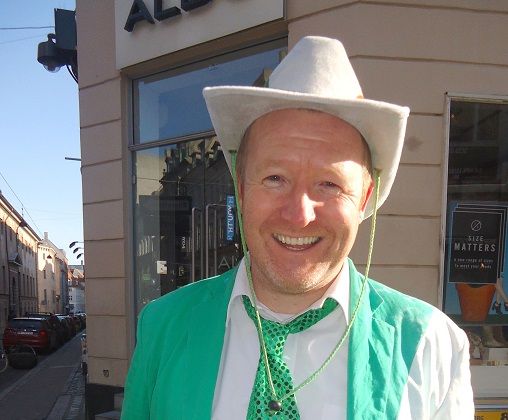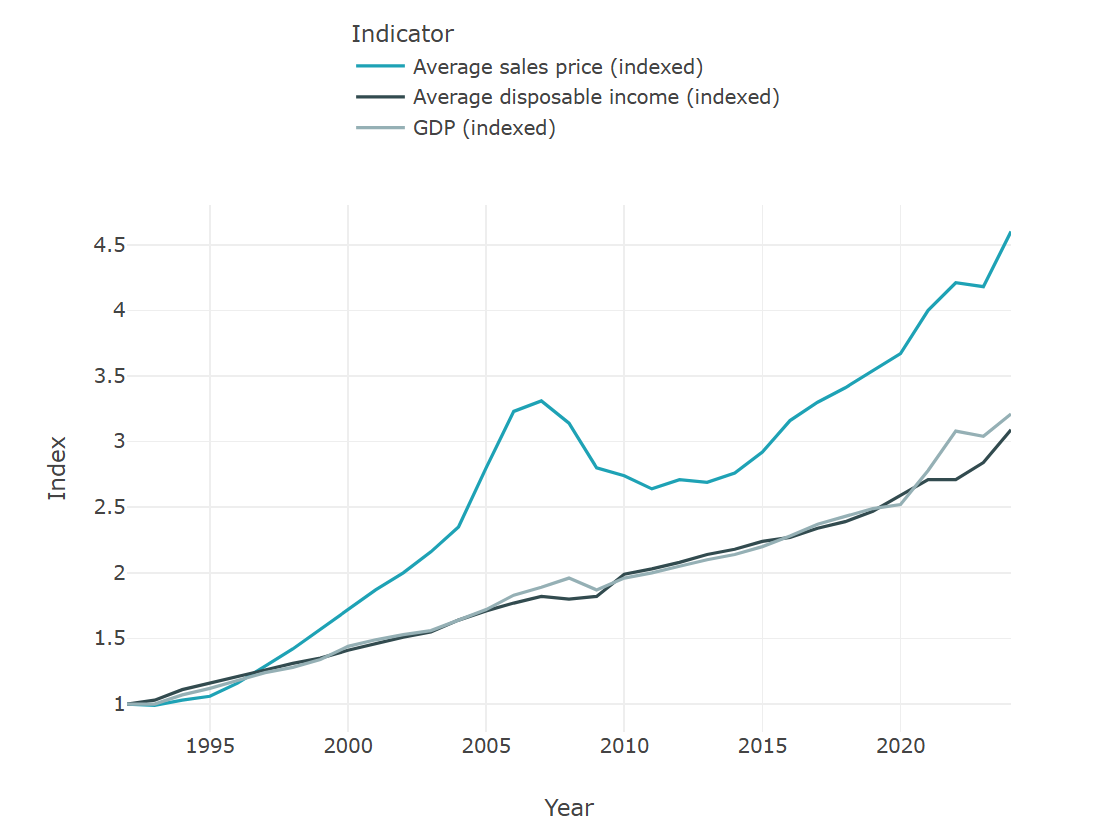This year’s Three-legged Charity Race will see a change to the city’s longest-running St Patrick’s Day celebration with the introduction of Guinness as an alternative racing refreshment.
Since the competition’s conception back in 2001, Carlsberg has traditionally been the sole tipple of choice, but on the 15th anniversary of the St Patrick’s Day shenanigans, runners can now have half a pint of the black stuff at each of the six participating pubs on route.
Three-pint race
“This is the first year we are adding this option, and it will be available at all the pubs. We are calling it the ‘Three-legged Charity Race Guinness Experience’,” explained Siobhán Kelleher, the race’s founder and organiser.
The Guinness experience is not for the lightweights, with runners having to down nearly three pints over the course of the race.
“Most people choose Carlsberg because it is easier and faster to drink and run with, but some people like a challenge, so we are trying to cater to everyone’s needs,” said Siobhán.
The perfect pint
A proper Guinness takes time to settle, so all Eire-enthusiasts keen to meet the challenge head-on will be timed independently of the regular race and separate prizes issued.
There will also be a ‘pour your own pint’ practice session at the start tent located at Axeltorv where wanna-be bartenders can try their hand at the perfect 45-degree pour.
An extra pit stop
It’s business as usual with registration at Kennedy’s Bar from 12:30, after which racers will head to the start tent at Axeltorv opposite Tivoli, where in true Aristotelian fashion they’ll be strapped to their other half.
Teams will have a limit of two hours in which to complete the hobble from The Shamrock Inn on Jernbanegade, onto Pub & Sport, a new addition this year located on Vester Voldgade, followed by The Globe on Nørregade, The Irish Rover on Strøget and finally onto the finish line at The Dubliner by Amagertorv on Strøget.
The word on the street is that undercover race organisers will be stealthily placed throughout the route and anyone caught cheating will be disqualified.
Danes find it challenging to dress in anything other than black, but excluding green from your racing attire will be heavily frowned upon – you have been warned!
One charity per leg
The proceeds raised from the 75kr participation fee will this year go towards three children’s charities.
Danske Hospitalsklovne organises circus clowns to visit sick children in hospital.
The Cambodian Children’s Advocacy Foundation is a preschool program that supports community development and provides economic assistance in combating rural poverty in Cambodia.
And the Laura Lynn Children’s Hospice in Dublin provides palliative care and support for children with life-threatening illnesses.
“All three are close to our hearts; we think they are great charities and are very proud to support them,” enthused Siobhán.
Proud to be Irish
John Kelleher, another event organiser who is Siobhán’s brother and the quizmaster at The Globe, says fundraising adds a special component to the day.
“It shows that St Patrick’s Day is not just about going out and getting drunk,” he said. “You have some fun and raise some money for charity. It makes you proud to be Irish.”
To date 332,050 kroner has been raised since the race became a fundraising event in 2007. Last year’s donations totalled 35,550kr and the Three-Legged Charity Race Association hope to build on this momentum for the 2016 run.
“Our biggest fundraising year ever was 2012 when we raised 60,000 kroner, and we are hoping that this year we will be able to beat that record,” said Siobhán.
The global village
The race attracts a wide variety of participants from far-flung corners of the world. At the last count, they had over 20 different nationalities taking part. Its popularity has gone from strength to strength since humble beginnings back in 2001.
“When we started we had about 36 participants and we were pretty much all Irish or married to one, but now it has exploded. There are a lot of Danes taking part, but there is also a lot of everybody else,” says Siobhán.
Word of mouth and interest from the student community has meant contestant numbers have rocketed up to 600 people in recent years. The city’s layout and the close proximity of the pubs to one another also happily ensures the competition’s success.
“The three-legged race is definitely a unique thing that doesn’t happen in many other countries for St Patrick’s Day. Copenhagen has that small town feel about it that makes the race possible,” says John.














